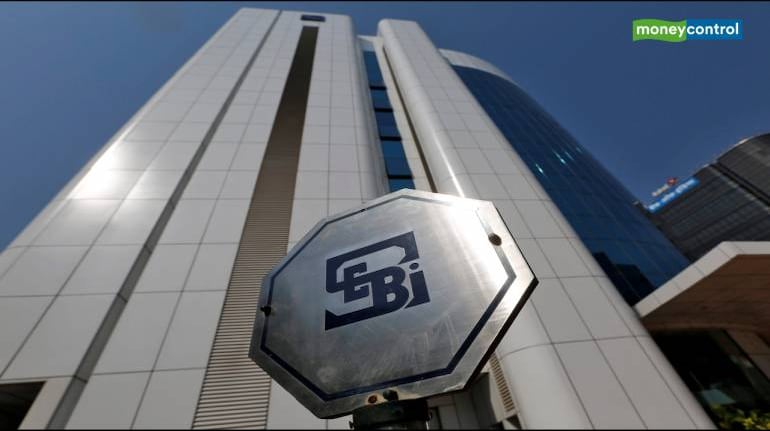



Hetal Dalal
While MNCs have been paying royalty to their parent companies for the use of brands and technological support, Indian promoters too have been charging listed companies for the use of the brand. Investor pressure has resulted in SEBI bringing in regulations for royalty payments above 2 percent of net sales to require shareholder approval—one of the many recommendations of the Kotak Committee (that was modified by SEBI in its final acceptance). Royalty payments carry different nomenclature—sometimes these are charged in the name of brand fees or technical know-how fees, or other service-related fees.
The regulatory intervention was much needed. In several instances, royalty payments made by Indian companies needed to be justified. In February 2019, Jubilant FoodWorks Limited had to withdraw its decision to pay royalty to promoters just a few hours after making the announcement following immediate investor pushback. Havells’ promoters were paid royalty for the brand up until April 2016 despite the company itself bearing advertisement and other brand-building costs. The Singh brothers (erstwhile promoters of Fortis Healthcare Limited) announced that the over Rs 5 billion recoverable from them would be adjusted against royalty for the Fortis brand.
On the other hand, the Tata Group has signed a brand equity agreement with its group companies where, depending on the degree of usage of the Tata brand, the royalty payouts from group companies will be restricted to a specified percentage of turnover (Disclosure: The Tata group, through Tata Investment Corporation Limited, is one of IiAS’ shareholders.). These payouts are restricted to a maximum of Rs 750 million and 5 percent of profits—ensuring that the fees are not excessive and are linked with operational performance. In case Tata companies make losses, they are not required to pay brand fees to Tata Sons. This brand equity agreement is publicly available and lists out Tata Sons' responsibility towards brand building. Tata Sons has a well-organised function that manages the Tata brand.
MNCs in India pay royalty because they bring brands to India that have been developed globally. To be fair, those brands do carry market value and are able to attract customer loyalty. But to what extent should royalty be paid? The quantum of royalty paid by MNCs has been egregious in the past, tempering only over the past two years. In the financial year ending in 2018, 27 MNCs (Schaeffler India Limited, Castrol India Limited, and ABB Limited all pay royalty to their parent companies. However, these are yet to publish the FY18 annual reports. Therefore, their data has not been included in this assessment) paid an aggregate of Rs 67. 37 billion in royalties, more than half of which is accounted by Maruti Suzuki India Limited at Rs 38.18 billion.
The Rs 67.37 billion royalty payment accounts for 16 percent of these 27 MNCs pre-tax pre-royalty profits and almost 27 percent of their aggregate Rs 250.40 billion profit after tax. Maruti Suzuki India Limited, GE, T&D India Limited, 3M India Limited, and Johnson Control-Hitachi Air Condition India Limited have paid more than 20 percent of their pre-tax pre-royalty profits as royalty to their parent company. 14 of the 27 MNCs (whose recent financial statements were available) have paid over 2 percent of net sales as royalty to their parent company.
Although royalty payments are related party transactions, they earlier escaped shareholder approval since these did not exceed 10 percent of revenues or networth. Companies maintain that royalty payments are in the ordinary course of business (in several instances that is so) and on arm’s length terms (which is debatable). Given how high these payouts were in some companies, and the significant investor push back over not having oversight on these payments, the Kotak Committee recommended that such payments be brought for a separate shareholder approval—the Kotak Committee set a threshold of royalty payments in excess of 5 percent of revenue, SEBI while accepting the recommendation decided to lower the threshold to 2 percent of revenues. Shareholder approval is required for payments made from April 1, 2019, onwards.
The question is how should shareholders vote on such resolutions when these are presented? Likewise, what disclosures should companies make while asking for shareholder approval? Here, are a few issues to address:
(Hetal Dalal works at Institutional Investor Advisory Services India Limited. Twitter @hetal_dalal)
Discover the latest Business News, Sensex, and Nifty updates. Obtain Personal Finance insights, tax queries, and expert opinions on Moneycontrol or download the Moneycontrol App to stay updated!
Find the best of Al News in one place, specially curated for you every weekend.
Stay on top of the latest tech trends and biggest startup news.